In a busy media landscape, it's easy to overlook just how the unique positioning of one channel has impacted the lives of its audience, those behind the scenes and all of those it so powerfully represents.
NITV began delivering authentic First Nations' perspectives free-to-air for SBS at noon on 12 December, 2012, launching live from Uluru, our nation's heart.
The broadcaster had come into existence five years earlier, in July 2007, but was being beamed out via paid subscription channels.
SBS launch hosts in 2012 were Stan Grant and Rhoda Roberts.
Nine years' later, Ms Roberts, a Widjabal Wia-bal woman, was engaged as SBS inaugural Elder in Residence. A longstanding advocate for First Nations-led media, she says she sensed that having a national Indigenous network was going to be truly enabling.
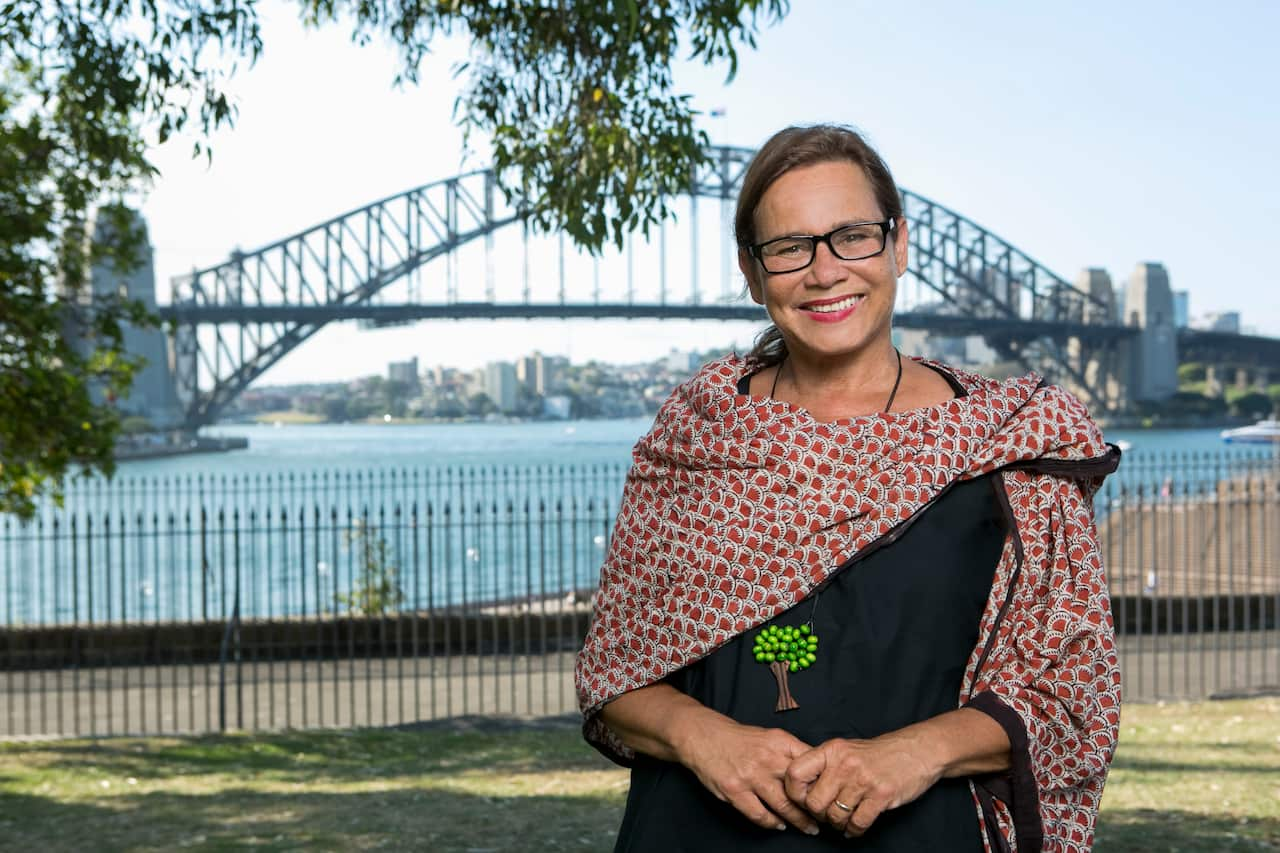
"For us, it's been a healing. We're processing truth-telling. We always have but now we have a platform on which to do it," Ms Roberts said.
And it's a platform that asks the nation to question its cultural anemia and start looking at our stories.Rhoda Roberts
And stories are nothing without community, she said.
'Our stories are our lifeblood'
A 10-year evolution in broadcast technology has seen more and more people deliver important and unique community stories on their own Country, without the need to move away from their communities.
These connections are the lifeblood of NITV, Ms Roberts said.
"A bit like family and kinship structures, our connections with our community are for life. It's not just going in for one story and leaving," Ms Roberts said.
Rhanna Collins, a proud Palawa woman, speaks about the careful positioning of NITV news within today's media landscape. Recently joining NITV's leadership team as Head of Business and Operations, Ms Collins previously led Indigenous News and Current Affairs.
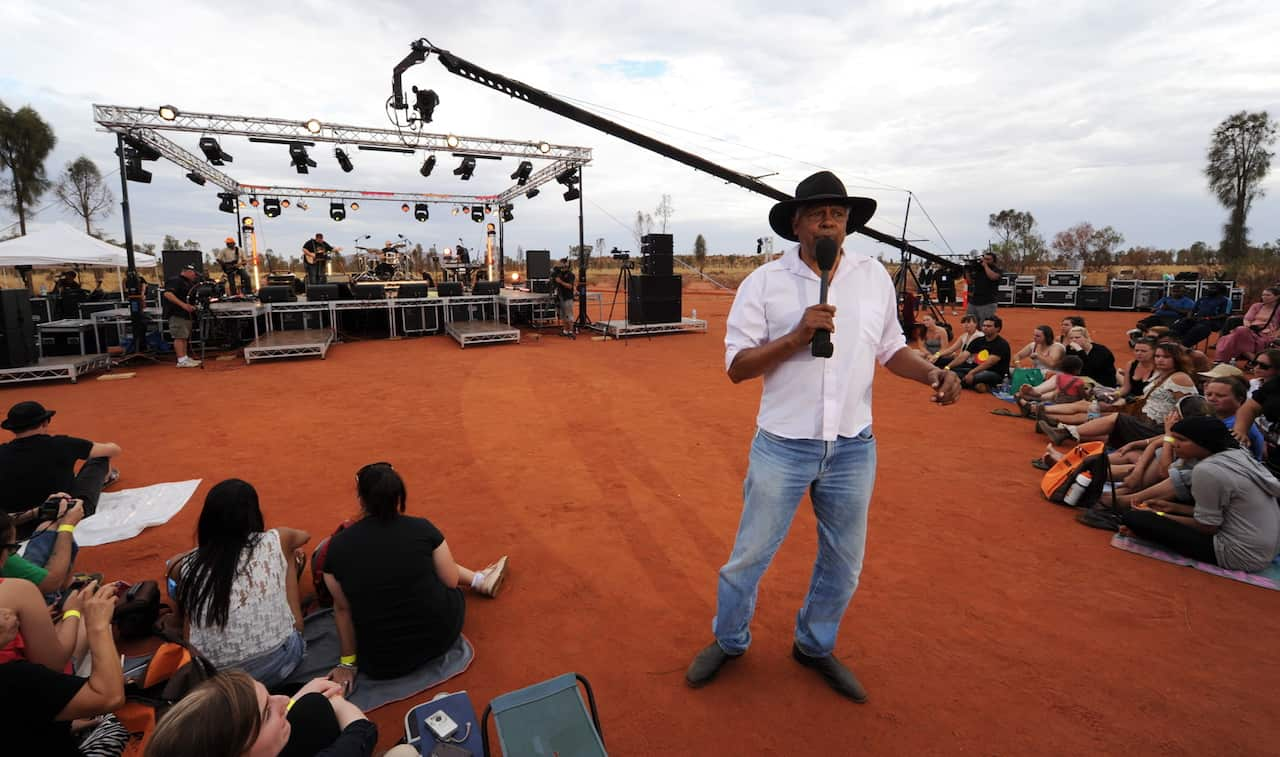
"Coming to NITV, I was so passionate to make sure we could deliver stories to the community by, for and about our community in a way that centres blackness," she said.
"We centre our lives, our experiences in absolutely everything that we do, and we give our community a safe place in which to consume news."
Our number one priority is to do no harm to our community.Rhanna Collins
And that is a big load to carry, says Ms Roberts.
NITV is the only newsroom in Australia to engage an Elder in Residence. The role can be many things: "A shoulder to cry on," she laughs. "But it's also looking at the way we are shaping ourselves."
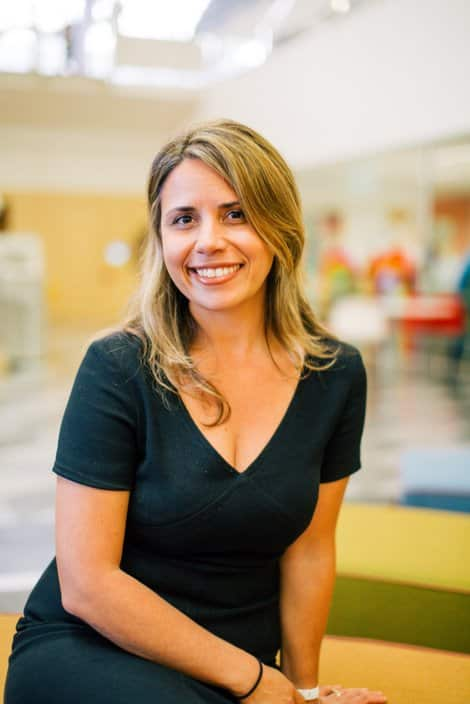
"Our journalists, our camera people, sound people, back-of-house people, everyone that works from a First Nations' perspective is not only doing their job - they're carrying all of those cultural requirements and obligations."
And it's a significant challenge, says Tanya Denning Orman, a Birra and Guugi Yimidhirr woman and SBS Director of Indigenous Content.
Journalists are bolstered knowing that the community is grateful for what they do, and knowing that with each story, more Australians are being delivered the facts, Ms Tanya Denning Orman says.
This is the business of truth-telling, she says.
As much as we celebrate a growing representation of First Nations' journalists in other newsrooms, says Ms Denning Orman, NITV maintains its unique and vital positioning within Australia's media landscape.
The only news service that provides perspective where we're not being otherised and we're not being pigeon-holed is NITV.Tanya Denning Orman
Encouraging younger generations
Aspiration-building among young people is the driving force behind 'Over The Black Dot' host Dean Widders. As a proud Anaiwan man and NRL legend, he also took part in the 2012 launch.
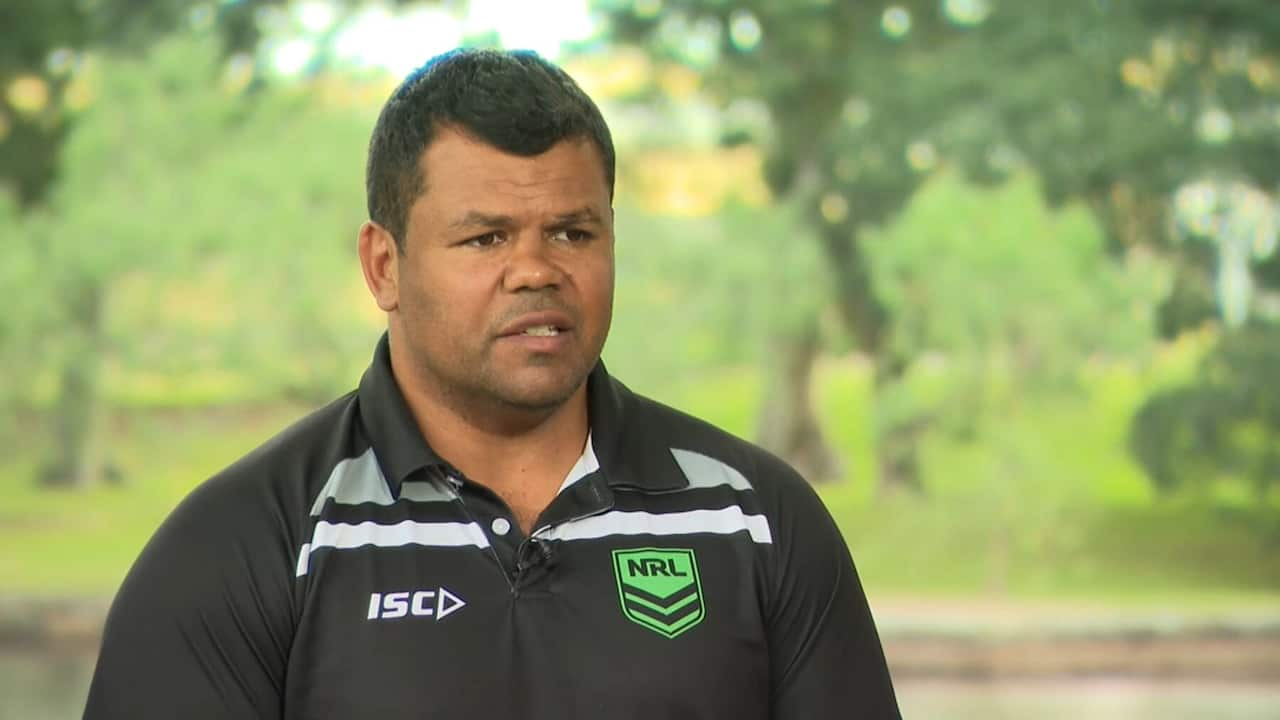
The day was all about showcasing Indigenous excellence, connecting communities with their heroes - such as NRL stars - and the people that are leading the way, he says.
"Young people see black faces on TV talking about all sorts of events and experiences in everyday life, and our kids are now aspiring to be those faces and to be those presenters and to work in that industry. That's really special," Mr Widders said.
NITV gives non-Indigenous audiences a window into a world that traditional, mainstream audiences have not accessed. Here is an opportunity to learn about how First Nations' peoples fit into this country.
"The non-Indigenous community seems to be watching NITV a lot more these days and especially the rugby league shows," Mr Widders said.
And what is story-telling without language?
Preserving, revitalising languages
The past decade has seen the commissioning of bilingual and in-language programming and the introduction of Indigenous place names into NITV news coverage.
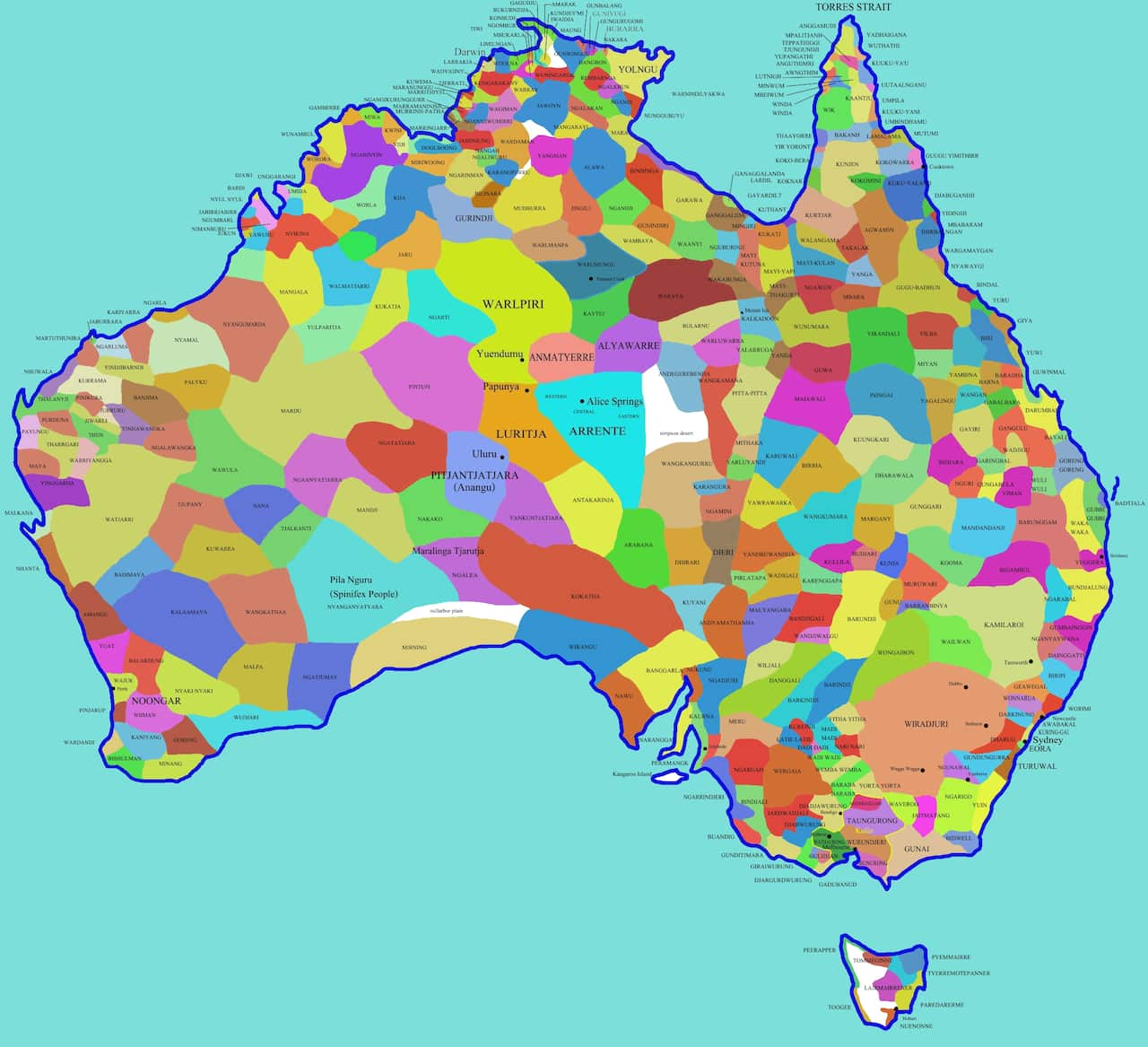
With the United Nations having declared the International Decade of Indigenous Languages, NITV is uniquely positioned to work with communities to strengthen its role in language preservation and revitalisation.
Today, returning to Uluru to celebrate 10 extraordinary years, NITV firmly secures its place in the nation's red heart and in the Australian media landscape.
